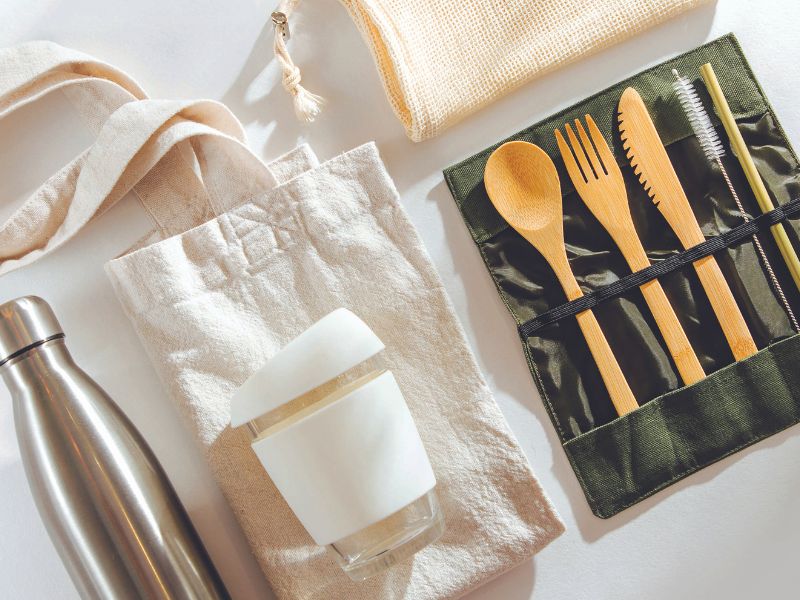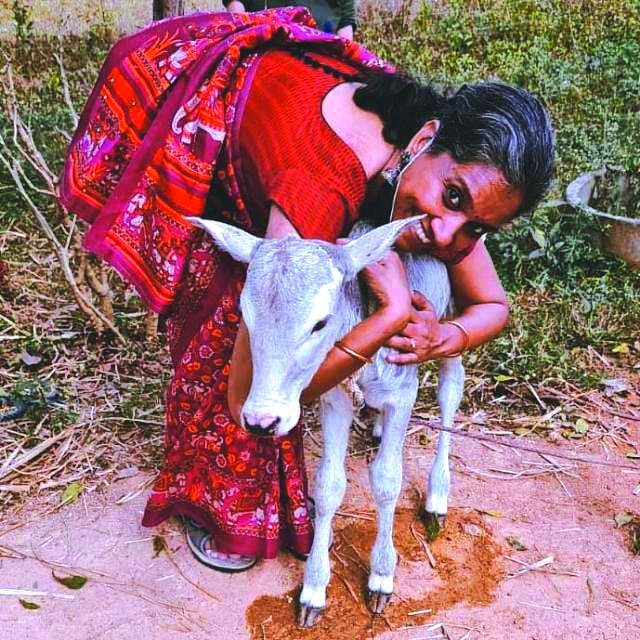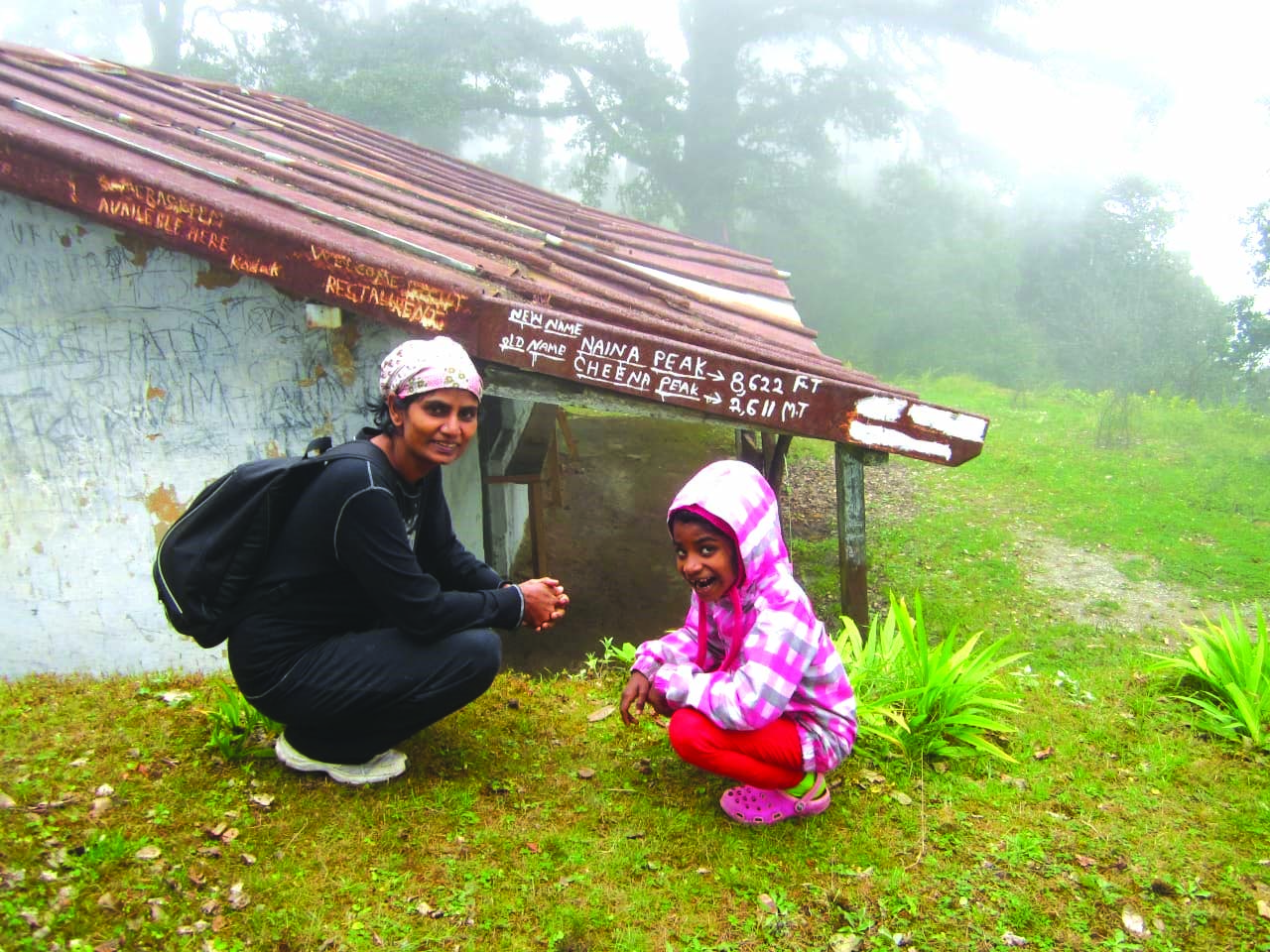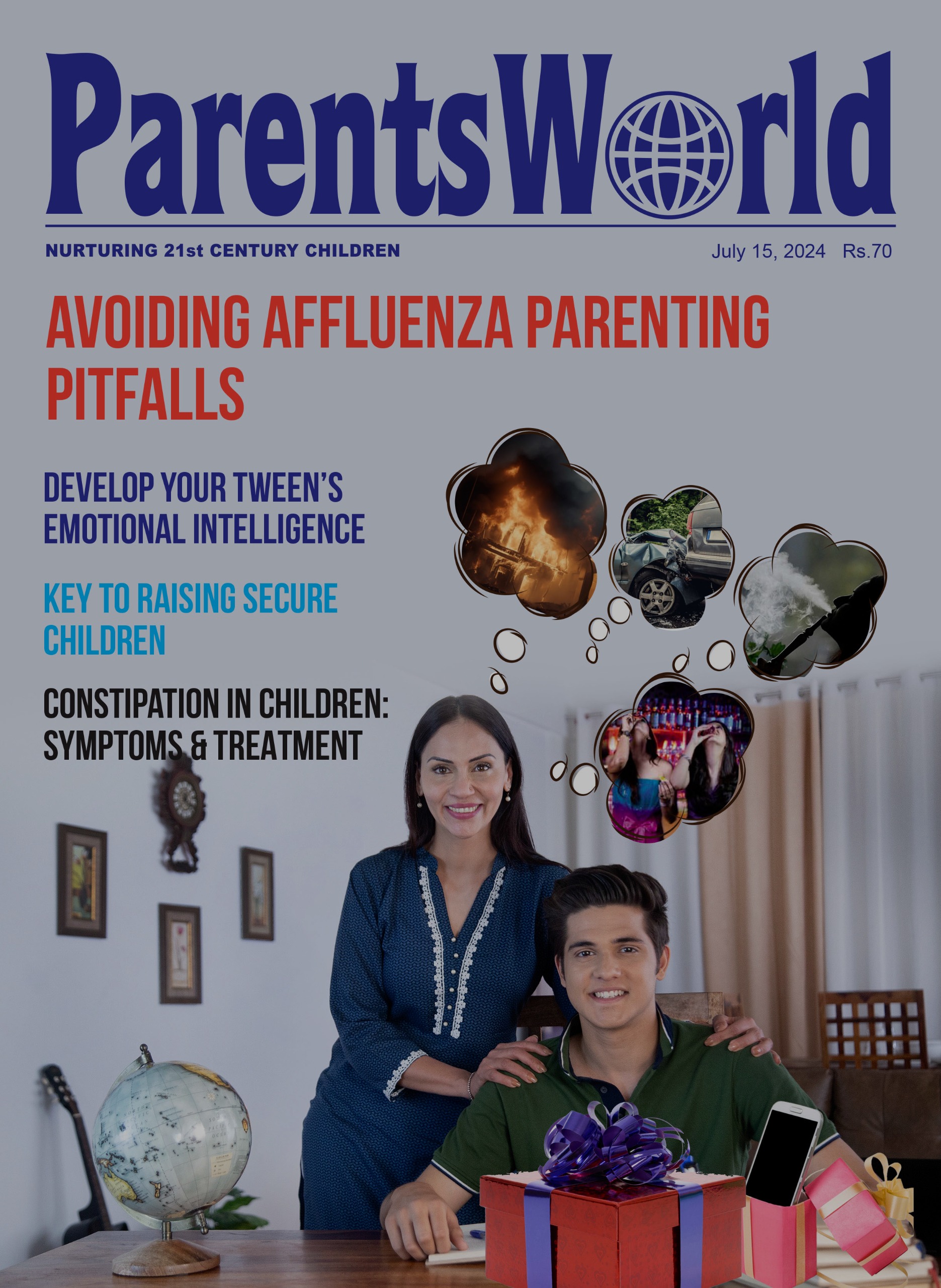With the ravages of climate change, global warming, pollution and deforestation manifesting globally and impacting children’s physical and mental well-being, a growing number of parents are switching to consciously purchasing green eco-friendly products, writes Aruna Raghuram

Upper middle class and elite parents spend a great deal on child care and nurturance — from infant care products, toys, and books to clothes, footwear and food.
The Indian baby care products market is currently valued at an estimated $15 billion (Rs.118,950 crore) and is expected to grow to $40 billion by 2029. A 2019 survey by Prodege, a marketing and consumer rights platform, found that 65 percent of Indian parents spend up to Rs.700 per month on children’s toys.
As parental spending on child care and nurturance is witnessing an upsurge, the probability of nexgen parents buying green products is also rising. In particular over the past decade and especially after outbreak of the Covid-19 pandemic, parents are becoming increasingly aware of the need to buy eco-friendly and sustainable products. With the ravages of pollution, climate change, global warming and deforestation manifesting globally and impacting children’s physical and mental well-being, a rising number of parents are switching to consciously purchasing green, eco-friendly products.
According to the Consumer Intel Report 2021 of Vericast, a leading US-based marketing solutions company, millennial parents are switching to purchasing chemical free, organic products and want their children to come of age on a clean and green planet. The report reveals that 72 percent of millennial parents are more likely to be loyal to a brand or store that follows sustainable and ethical green practices; 63 percent are willing to pay more for eco-friendly products and 51-57 percent are more likely to buy from a company that offers sustainable products and uses organic or natural materials.
Some popular child care products gone eco-friendly are cloth nappies (cf. synthetic), wooden/bamboo toys (plastic), non-toxic and biodegradable play mats (plastic), soft toys made from organic cotton (polyester), and biodegradable wipes.

“Woke parents are becoming increasingly aware of the need to buy and use eco-friendly products which are safe for children and good for mother Earth. With pollution, climate change and destruction of natural habitats posing a grave risk to the future of the planet, parents have to do all they can to reduce the carbon footprint through their purchase decisions. Their mantra should be Reuse, Recycle, Reduce, and Refuse. Parents should refuse to buy things that are not needed to limit runaway consumption and consumerism,” says Divya Namboothiri, programme officer at ENVIS (Environmental Information System), a resource partner of the Ahmedabad-based Consumer Education and Research Centre (CERC) which focuses on educating the public about sustainable products and eco-labelling.
According to Namboothiri, some eco-friendly products Indian parents should opt for include bamboo tooth brushes, organic soaps, steel tiffin boxes and water bottles, recycled paper books, cloth bags, and reusable copper straws. “For parents buying organic products is no longer an option, it should be the preferred choice, if they want their children to grow up healthy and productive,” adds Namboothiri.

Bengaluru-based Arthi and Krishna Kumar are role model parents who have made green, conscious purchasing their mantra. Parents to 17-year-old twin son and daughter, they believe that sustainability should go beyond purchasing eco-friendly products to living minimalist lives. “From early age, we taught our children the importance of not only sustainable but also minimalist living. When they were young, we didn’t buy them many toys. Instead we encouraged them to participate in outdoor activities. That’s why today instead of going to malls and splurging, they prefer trekking, cycling and visiting nature parks. They have limited their needs — the number of clothes they have is nowhere near the number of their peers. Their school Prakriya also did a great job of reinforcing green practices,” says Arthi, formerly a software engineer who is now a life coach and music teacher, and alternates between living on their organic farm in Hosur and Bangalore home.
Arthi adds that the family uses eco-friendly toiletries with her daughters switching to cloth/ biodegradable sanitary napkins. “When we travel, we don’t use plastic water bottles. We take steel bottles and refill them,” she says.

Similarly Bengaluru-based Vijay and Gracy Elezebeth, who restores old wooden objects, and parents of a 16-year-old daughter, are deeply committed to a sustainable lifestyle and green purchasing. “Since Anasuya was a toddler, we have been very conscious about our purchases and the impact they have on the environment. We never bought packaged baby food, used cloth nappies and banned plastic feeding bottles. Wherever possible, we try to reuse hand-me-down clothes, toys, shoes, baby cot,” says Gracy, who adds that they also make their own soap.
Buying eco-friendly child and home care products apart, Elezebeth encourages Anasuya to lead an active outdoor life. “Anasuya has minimal exposure to gadgets and social media. We encourage her to play outdoors and participate in nature activities,” says Gracy.
With continuous environment degradation posing a serious threat to the well-being of the next generation, it’s a socially beneficial development that a small but growing minority of parents are going green with their purchases and parenting.
Look out for products with these eco-labels
Divya Namboothiri, programme officer at ENVIS (Environmental Information System), a resource partner of the Ahmedabad-based Consumer Education and Research Centre (CERC), advises parents to look out for the Indian Eco-Mark and other eco-friendly labels.
- The Indian Eco-Mark label, represented by an earthen pot symbol, covers 17 product categories including beverages, infant foods, soaps and detergents, food items such as edible oils, tea and coffee, textiles, packaging materials, paper, plastic products, wood substitutes, cosmetics, and electrical and electronic goods
- Many books and notebooks, and packaging materials have a FSC (Forest Stewardship Council) logo. These products contain wood or wood fibre from recycled material or from forests which are sustainably managed
- The GOTS (Global Organic Textile Standard) mark certifies eco-friendly garments
- The Cruelty-Free logo of a leaping bunny is printed on cosmetics. It certifies that these products have not been tested on animals
- EPEAT (Electronic Product Environmental Assessment Tool) logo of a tick mark on electronic items
- NPOP (National Programme for Organic Production) and Jaivik Bharat logos on organic food products
Also Read: Climate school Terra.do’s courses to benefit climate change enthusiasts






















